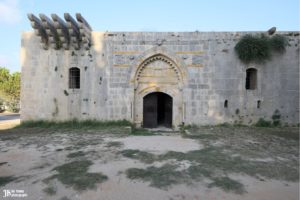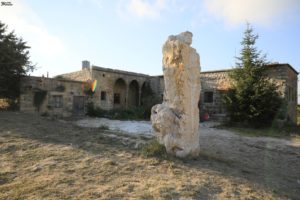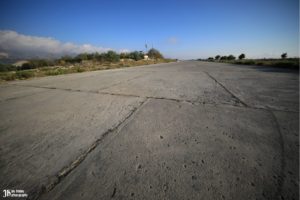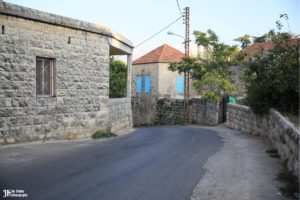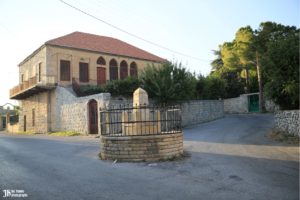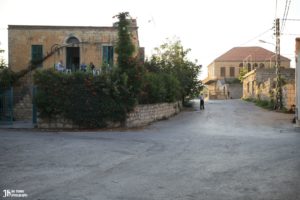CAZA:
Shouf 1100m
1100m Etymology:
Syriac origin, "Beit Oudrono", meaning "the place of help"Located on a hill in the high Shouf region, Baadarane has the undeniable charm of a deserted village straight out of a western movie. It houses important historical monuments including the sumptuous palace of Ali Pasha Jumblat, unfortunately in a state of disrepair, or a Druze Khalwa, and others more incongruous features as an aerodrome with breathtaking views. The village is surrounded by a forest of pines and oaks, and a protected area of migratory birds and has beautiful abandoned houses. There is a unique atmosphere in Baadarane. A must-visit village.
Must-do things
- The dilapidated palace of Ali Pasha Jumblat, ally of Fakhredine II
- The Khalwa, a place of meeting, prayer and meditation of the initiated Druze
- Mar Elias church
- The aerodrome with its breathtaking views
- The oil and grape presses
- The Shouf high mountain
- The lush pine forest and the various water sources such as Ain el-Marah and Ain el-Sayfiyeh
- The ceremonial Abaya weaving with the traditional tool “Al-Nawl” in dark colors enriched with gold embroidery
- Culinary specialties: Meaaykeh (Chicory, Kechek, oignons with olive oil); Emaycheh (Burghol, oignons, kechek); Tabbouleh Muzaffara (Burghol, chickpeas, grease)
- A loop in the hiking trail, section 20, Maasser el-Shouf-Niha, 12.3 km (LMT association)
- A loop in the hiking trail, section 19, Barouk-Maasser el-Shouf, 10 km (LMT association)
- The citadel of Niha with its rocky cavities, dug in a vertiginous peak of nearly 300m above Wadi Jezzine
- Ain wa Zein grotto, 426 m deep, with its large rooms and spectacular vaults
- The remains of a Roman temple near the village of Amatour, in the region of Marj Bisri
- The labelled villages of Mukhtara, Baakline and Maasser el-Shouf
- The Shouf Cedars Nature Reserve, recognized by UNESCO in 2005 as a biosphere reserve
- The breathtaking view of the locality of Jezzine from the sanctuary Nabi Ayoub, tomb of the prophet Jacob and pilgrimage site for the Druze

